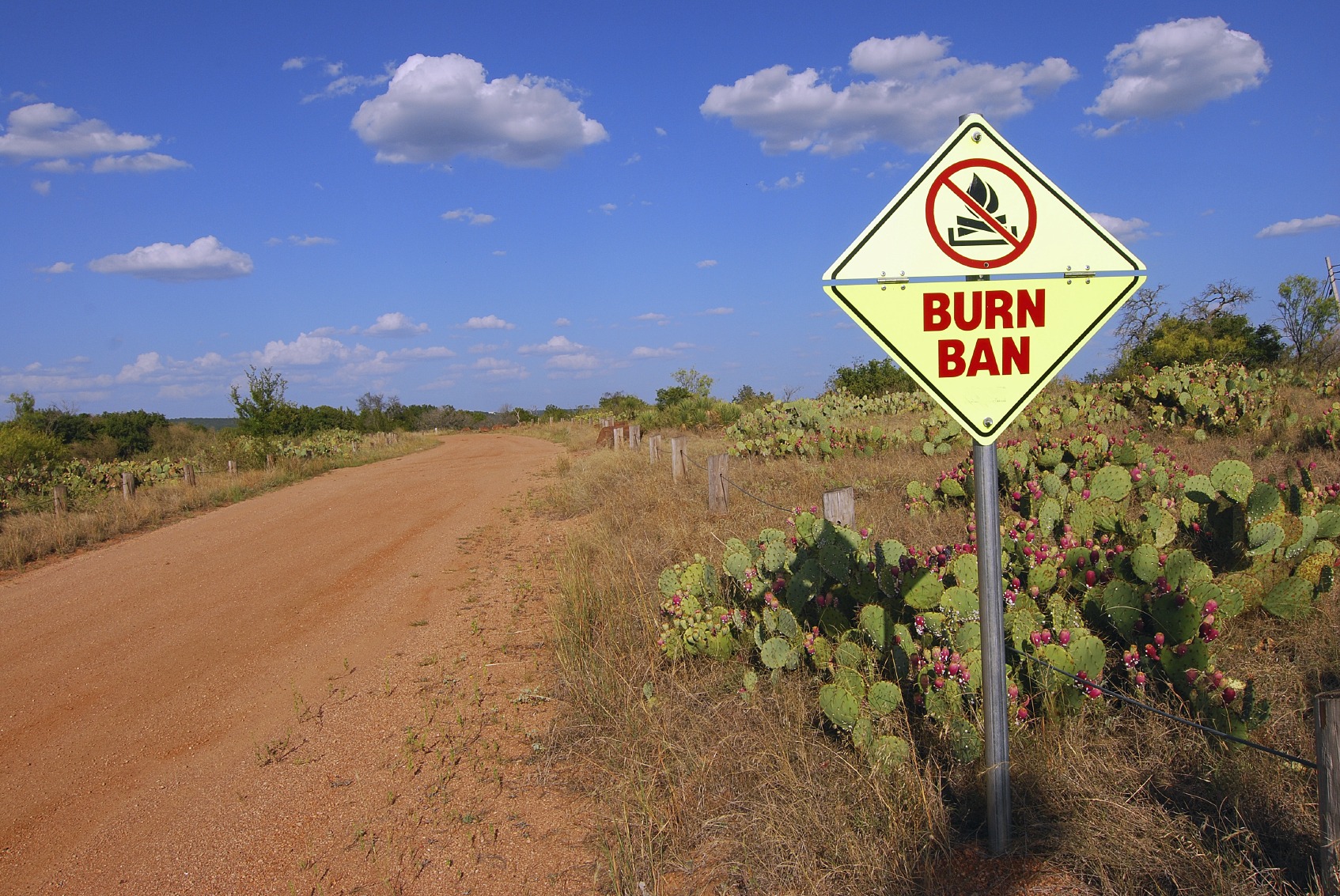By Madeleine Vance, guest blogger and student at Kent Place School.
Saving water is supposed to allow us to cut down costs. For the drought-stricken city of Wichita Falls in Texas, this is not the case.
In 2013, Wichita Falls’s total rainfall was 33 inches below normal and there were over 100 days of 100 degree weather. The average is 28 days. Residents are already paying the price for the drought as water levels drop and lawns turn brown. Now, rather than saving money on their water bills, they may be asked to pay more. Last year, the city lost 4.5 million dollars in water sales because of conservation efforts. So while yes, the city’s residents did a great job conserving water, their water bill rates will be raised due to decreased revenue from the drought.
In November of 2013, Wichita Falls implemented unprecedented bans on water. They created water rationing zones and prohibited almost all outdoor watering. In addition to the lack of rain, debt and infrastructure maintenance bills have risen as well. This has forced utility companies to raise taxes for all residents, despite the amount of resources they may have conserved.

Wichita Falls is not the only city suffering. Several other cities in the area affected by the drought have lost tens of millions of dollars from outdoor water restrictions. This includes Fort Worth, which lost $13 million. Higher amounts of rainfall also hurt water utility companies because residents do not need to water their lawns as much. Fort Worth has decided to alter the rate structure to stabilize their revenue so that it is not solely based on unpredictable weather. Spokesmen for the water utility companies in Fort Worth have set a goal that by 2018, the percent of water utility’s revenue from fixed monthly charges will raise from 17% to 25%. Including Wichita Falls, many other cities are thinking of setting similar goals for the future hoping to quickly recover from their losses.
Because of the drought, Wichita Falls residents have adopted more sustainable habits. An economist can explain why. The marginal cost of water has risen. Each extra quart of water will cost much more than it did before the drought.
Sources and Resources: My sources were local and from the NY Times.






